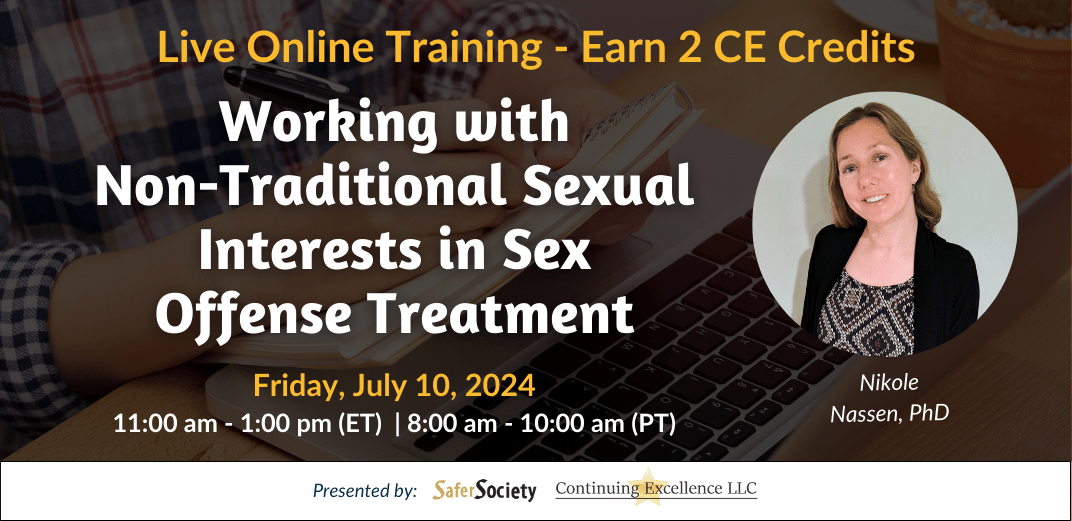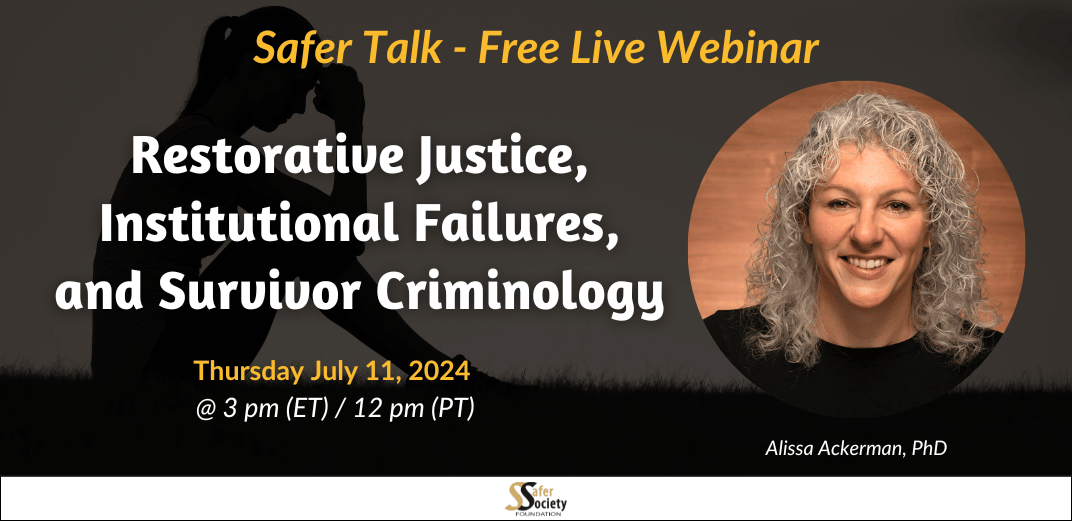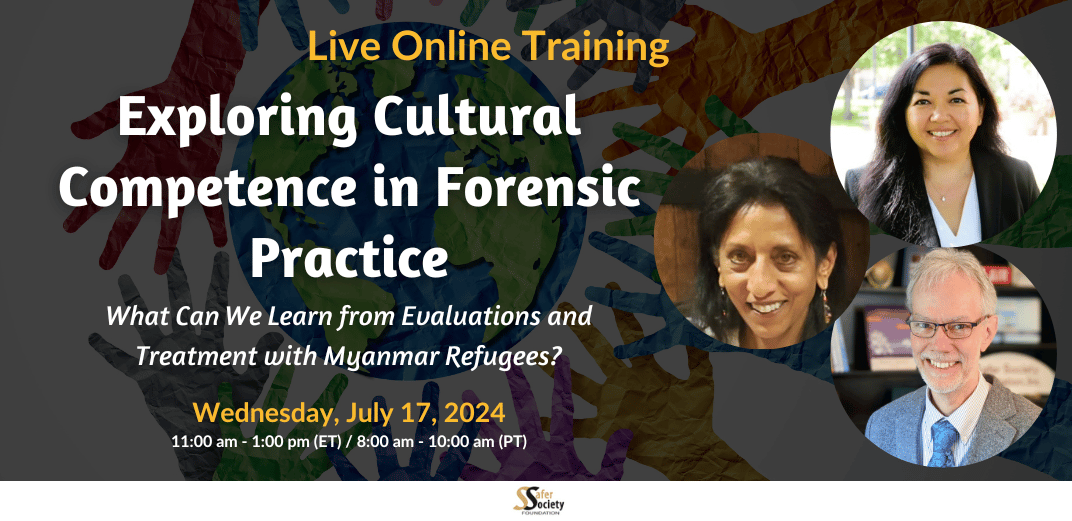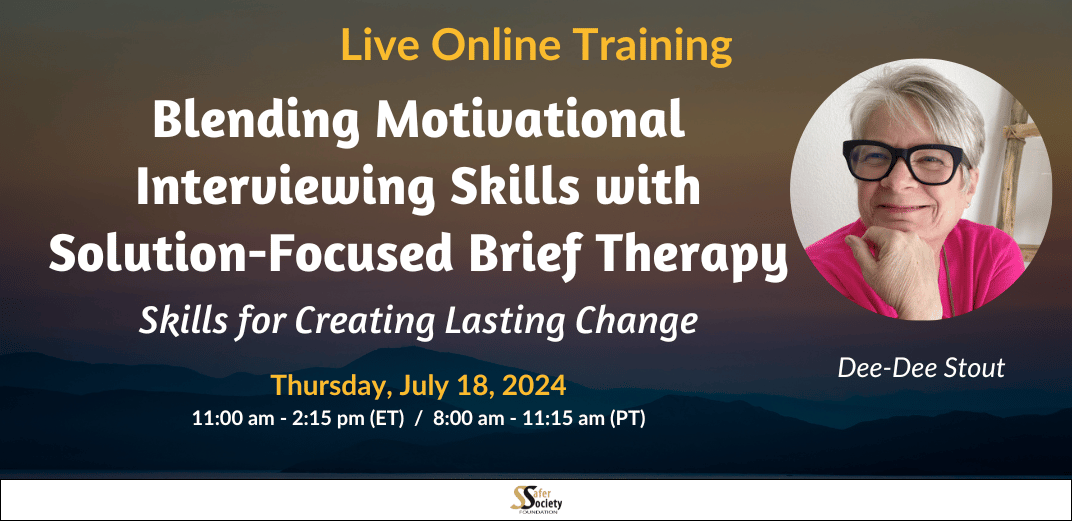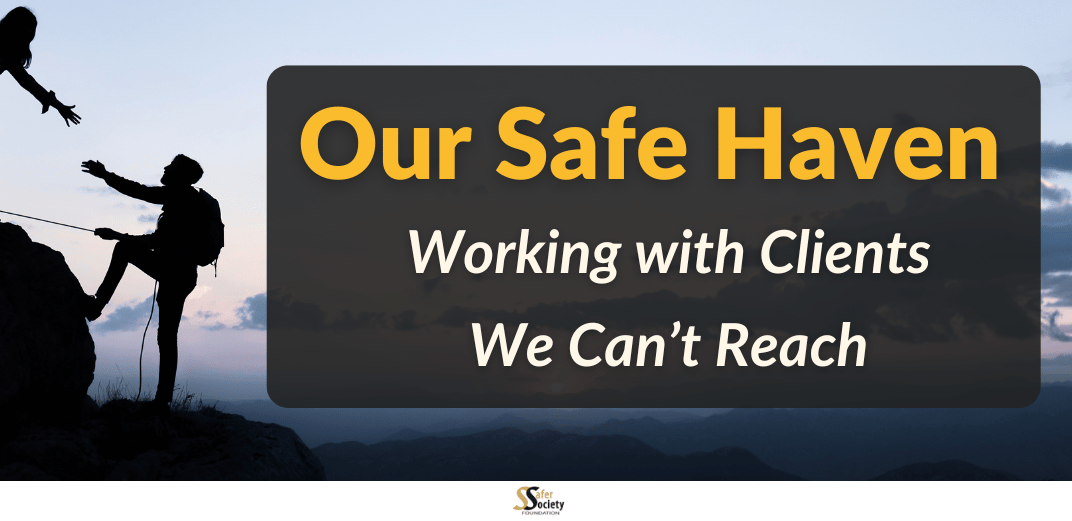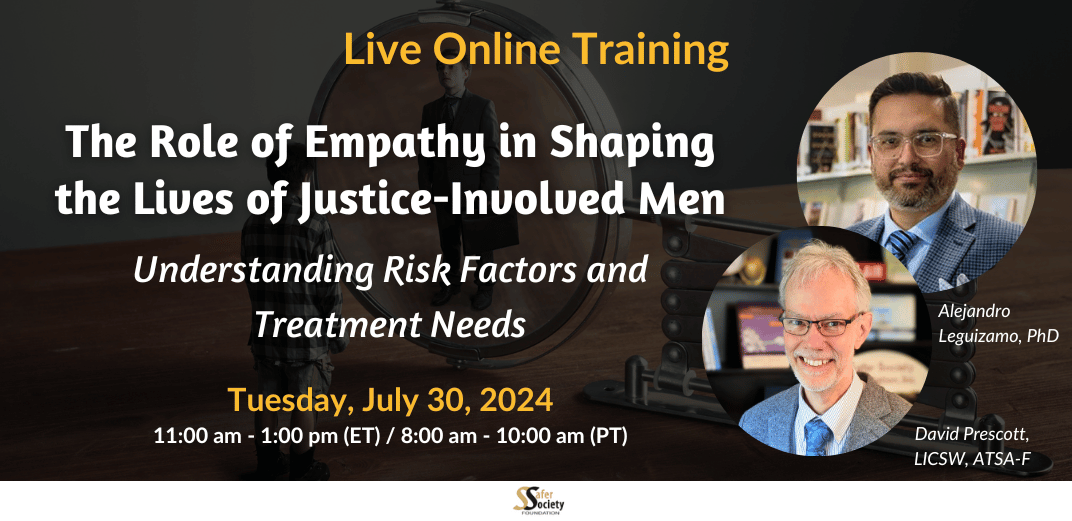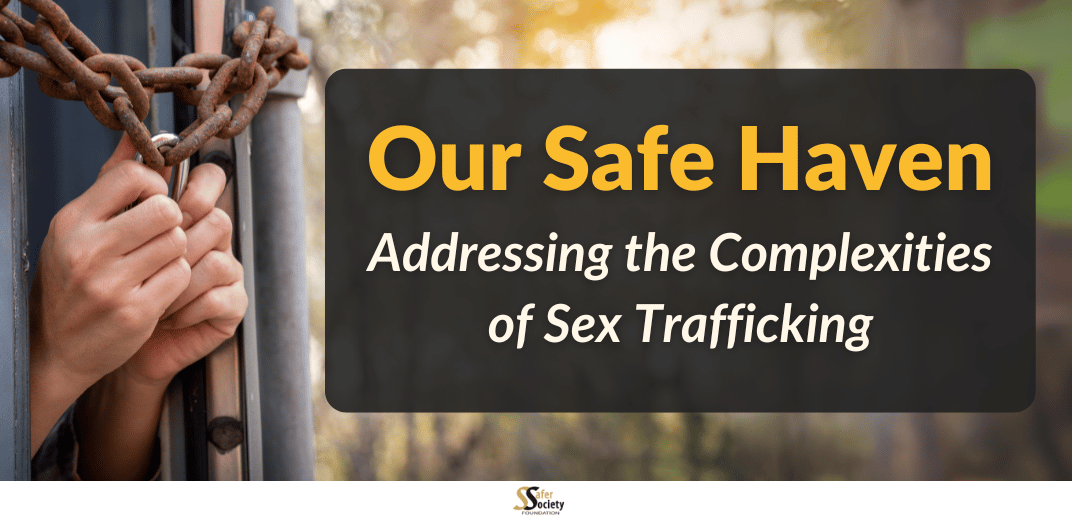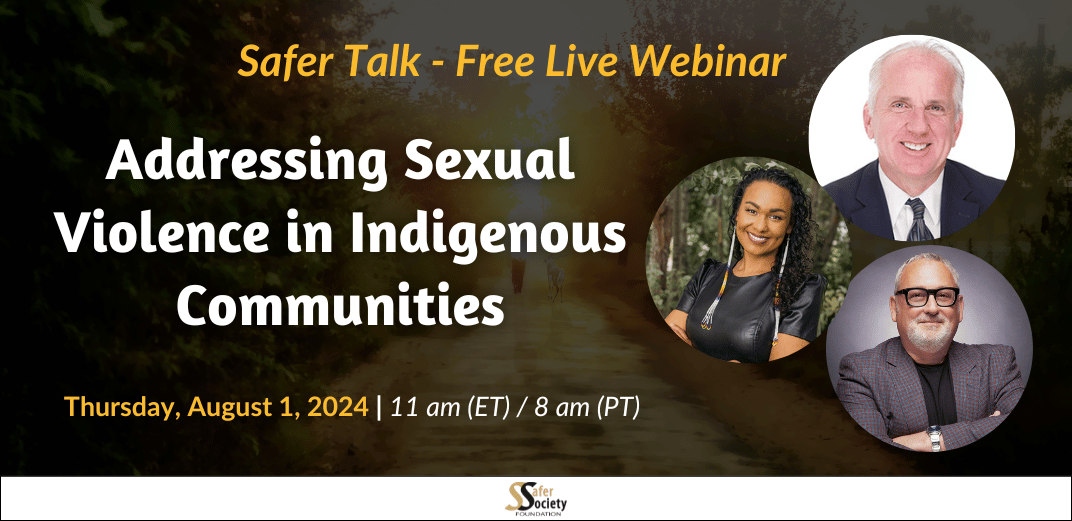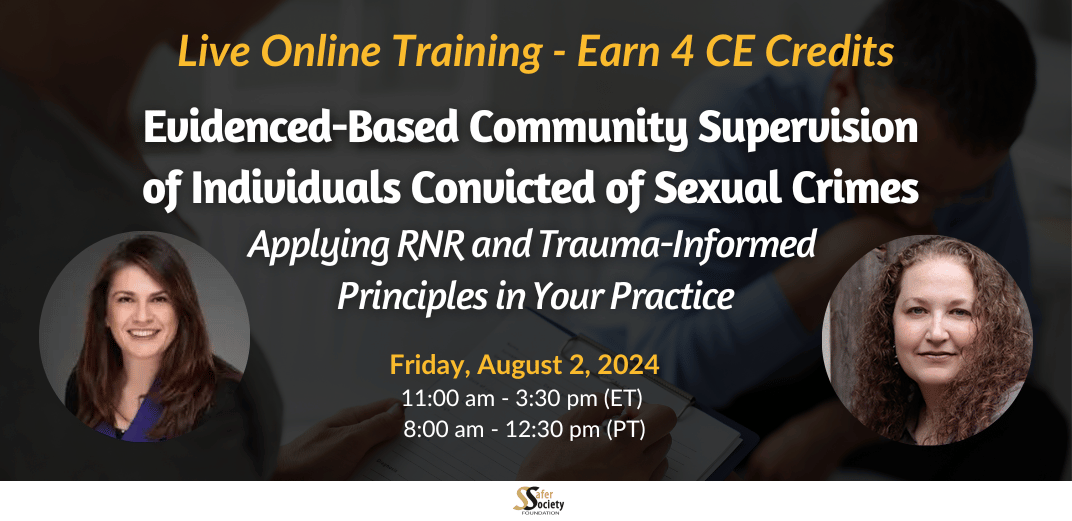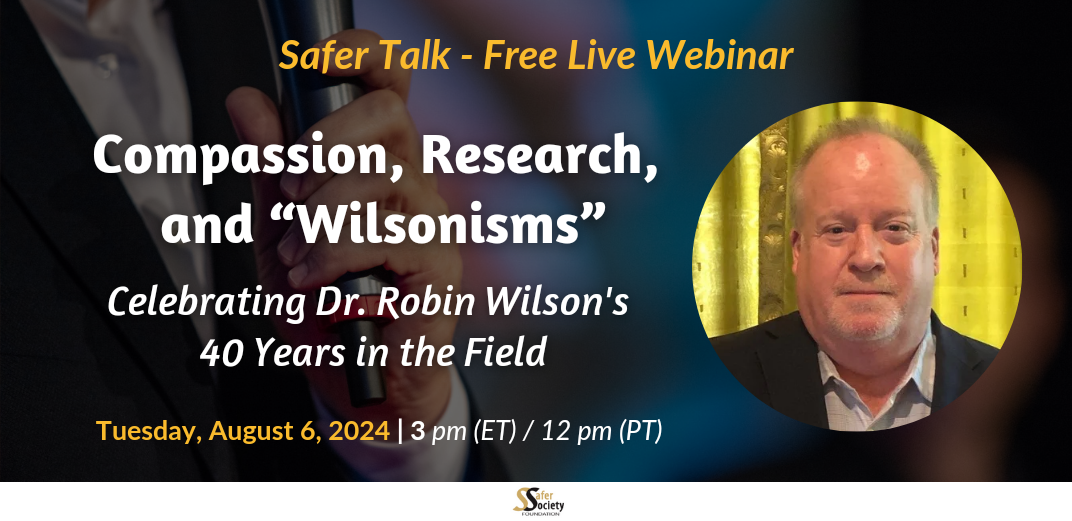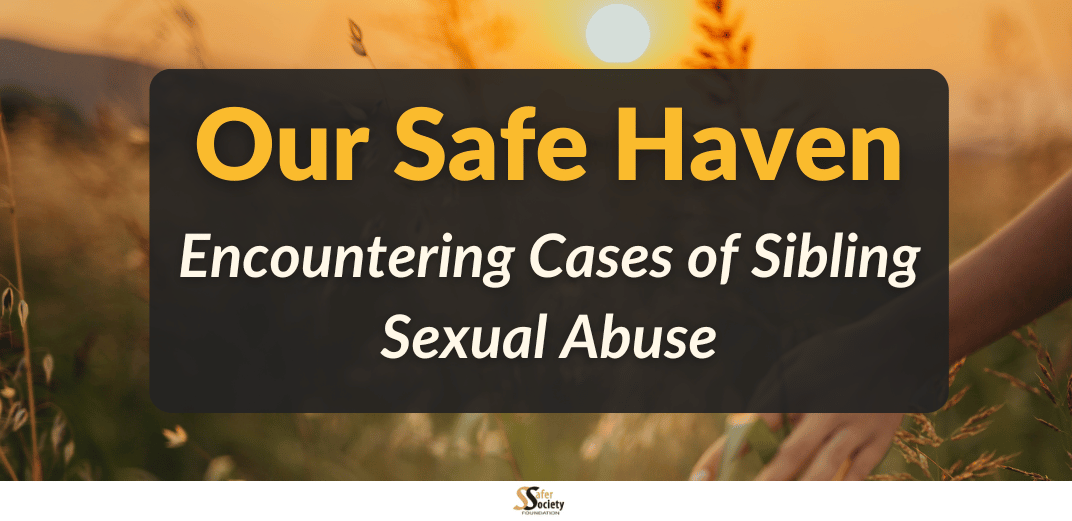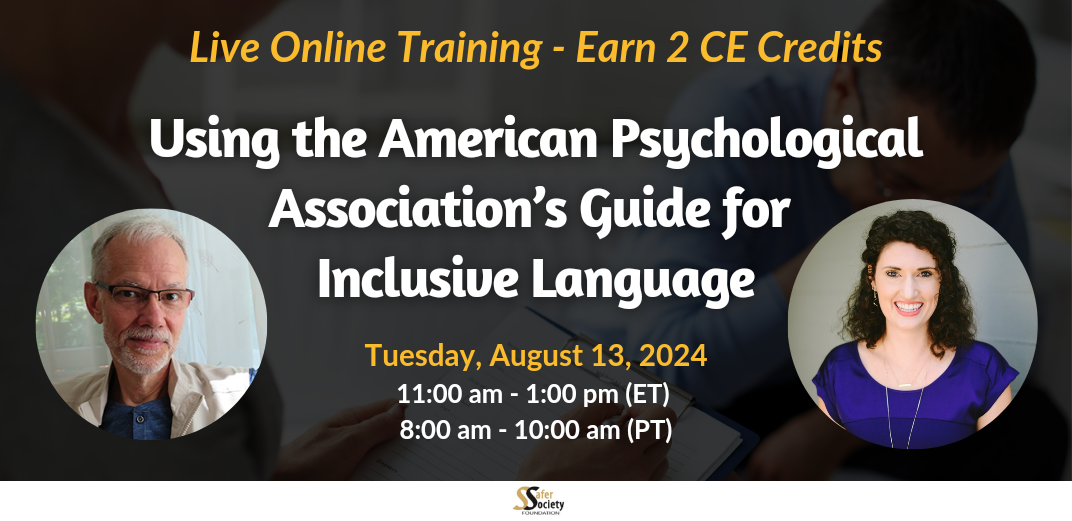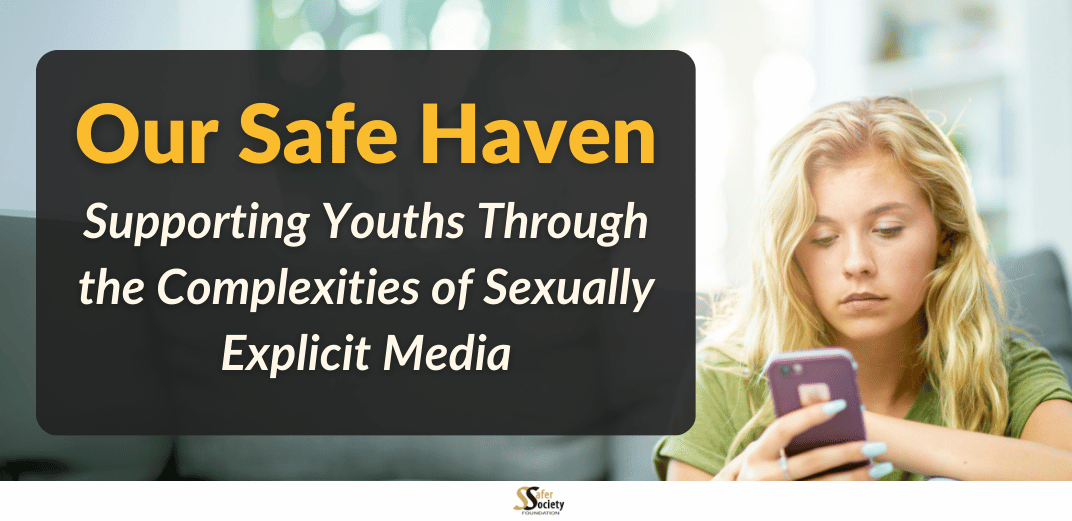Working with Non-Traditional Sexual Interests in Sexual Offense Treatment
Professionals working with clients who have committed sexual offenses often face significant challenges in understanding and accepting their clients’ sexual preferences. While their primary goal is to prevent future sexual abuse, professionals must acknowledge that each client has their own unique sexuality. Avoiding discussions with a client about their non-traditional sexual interests can lead to missed opportunities for fostering sexual health and exploring avenues for abuse prevention. Attempting to eradicate non-traditional sexuality from the client’s life can be ineffective and unethical. Therefore, how should helping professionals proceed in such situations?
Nikole Nassen, Ph.D., a distinguished clinical psychologist and the director of the Sex Offender Treatment Program at Naval Consolidated Brig Miramar, brings her wealth of experience in working with individuals who have expressed non-traditional sexual interests to the forefront. During this training, Dr. Nassen first presents data on BDSM (Bondage and Discipline, Dominance and Submission, and Sadism and Masochism) and other practices in the kink community, unveiling surprising insights from research studies. Dr. Nassen then examines “kink culture” and illustrates how many of its strongest values are antithetical to abuse. Enhanced comprehension of non-traditional sexual preferences among professionals can significantly enhance the effectiveness of treatment interventions.

